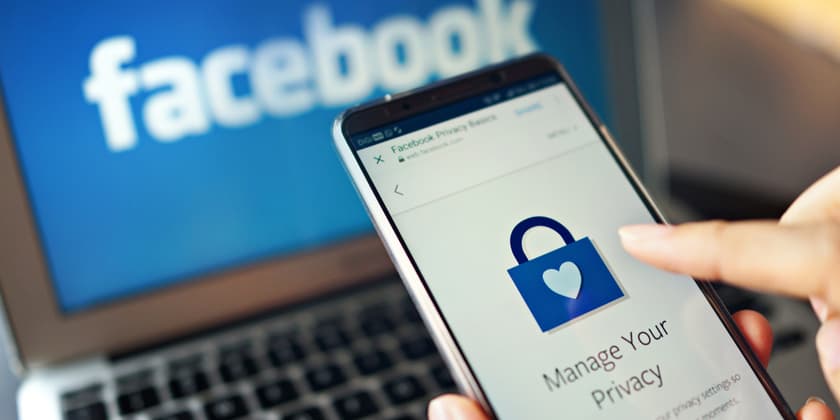
Explore effective methods on how to stop hackers on Facebook. Despite new platforms, Facebook remains the world’s largest social network, hosting over 2.93 billion active monthly users.
Hackers have quickly capitalized on this massive user base, continually finding new ways to defraud and scam users. By exploiting a more trusting online environment, they hide behind fake profiles, impersonate trusted sources, and use stolen information for phishing scams.
According to Lookout, around 62% of Facebook users encounter scams weekly.
If hackers gain access to your account, they can steal your identity, spam your contacts, post malicious content, or use your automatic log-in to access other online accounts. To protect your data, follow the necessary steps to secure your account.
Signs Your Facebook Account Has Been Hacked
- Messages sent from your account without your knowledge
- Unusual posts appearing on your timeline
- Altered personal details
- Friend requests sent to people you don’t know
- Duplicate accounts using your name and photos
How to Check if Your Facebook Account Has Been Hacked
Go to Settings > Security and Login to view all devices and locations that accessed your account. Unrecognized login attempts are a sign of hacking. Click ‘Not You‘ to flag suspicious activity.
How to Secure Your Facebook Account
- Create a strong, secure password – Use a password 10–15 characters long with uppercase, lowercase, numbers, or symbols. Learn more about strong passwords.
- Use unique login details – Avoid reusing passwords across accounts. Consider a password manager for secure storage.
- Enable Two-Factor Authentication (2FA) – Adds an extra layer of protection. Activate via Settings > Security and Login > Two-Factor Authentication.
- Adjust privacy settings – Restrict profile visibility from Public to Friends or Friends you choose.
- Don’t click suspicious links – Avoid links in messages or posts, even from friends, to prevent malware or phishing.
- Don’t accept friend requests from strangers – Unknown connections may misuse your personal information.
- Check app permissions – Remove suspicious apps via Settings > Apps and Websites.
- Enable security alerts – Get notified about unrecognized logins under Settings > Security and Login > Get alerts about unrecognized logins.
- Choose close friends to contact if locked out – Nominate trusted friends via Settings > Security and Login > Choose friends to contact if you get locked out.
If your account has been hacked, immediately change your password and notify Facebook at facebook.com/hacked. Inform your friends to avoid them falling victim to suspicious links or posts from your account.
Common Questions About Facebook Security
How can I tell if my Facebook account is hacked?
Look out for unusual posts you didn’t make, messages sent without your knowledge, or login alerts from unknown devices or locations. These are common signs someone else may have accessed your account.
How often should I change my Facebook password?
It’s a good idea to update your password every 3–6 months. Regularly changing it helps reduce the risk of hackers accessing your account, especially if your login information has been exposed elsewhere.
Can hackers access my other accounts?
Yes, if you reuse the same password across multiple accounts, a hacker gaining access to your Facebook account could potentially access your email, banking, or other social media accounts as well.
How can I recover a hacked account?
Visit facebook.com/hacked and follow the on-screen instructions to secure your account. You may need to reset your password, review recent activity, and confirm your identity to regain control.